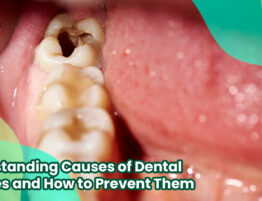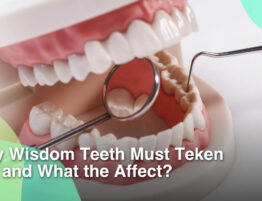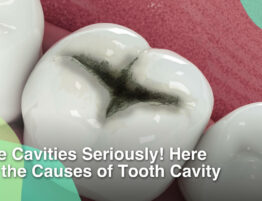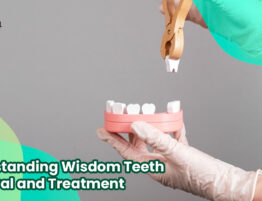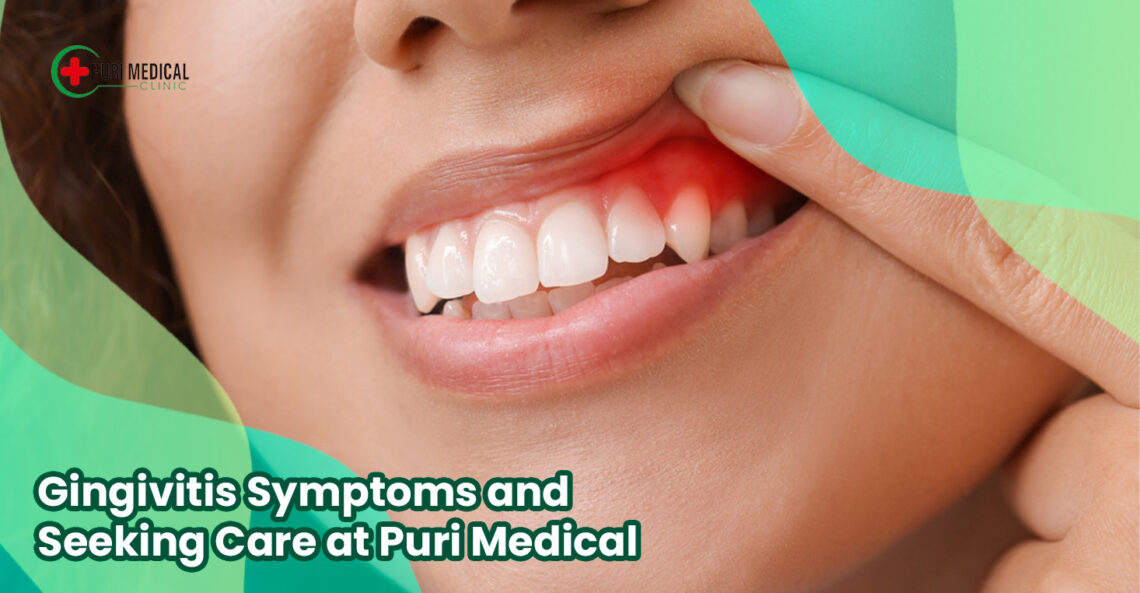
Gingivitis is a common dental issue that affects many people worldwide. It is essential to recognize the symptoms, understand the causes, explore available treatments, and know when it’s crucial to seek professional help. In this comprehensive guide, we will delve into what gingivitis is, its symptoms, causes, treatment options, and when it’s time to consult a dentist.
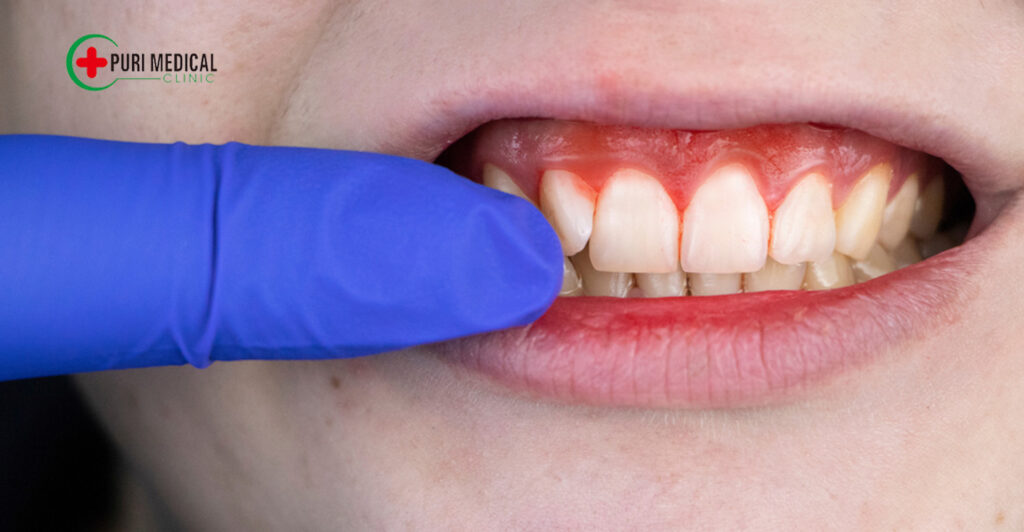
What is Gingivitis?
Gingivitis is an early stage of gum disease, characterized by inflammation of the gums. It is often caused by plaque, a sticky film of bacteria that forms on teeth. When plaque is not removed through regular brushing and flossing, it can irritate the gums, leading to gingivitis.
Gingivitis Symptoms: Recognizing the Warning Signs
Identifying the symptoms of gingivitis is crucial for early intervention and prevention of further complications. The common signs of gingivitis include:
- Gum Redness and Swelling: Inflamed gums are a key indicator of gingivitis. If your gums appear red and swollen, it could be a sign of underlying gum disease.
- Bleeding Gums: Healthy gums should not bleed during regular oral care activities. If you notice bleeding while brushing or flossing, it may be a sign of gingivitis.
- Bad Breath: Persistent bad breath, also known as halitosis, can be a result of bacteria in the mouth caused by gingivitis.
- Receding Gums: Gingivitis can cause the gums to recede, exposing the roots of the teeth. This can lead to increased sensitivity.
- Tender Gums: If your gums are tender to the touch, it may be a sign of gingivitis. Healthy gums should not be painful when brushing or eating.
Read more article Everything You Need to Know About Dental Plaque
Causes of Gingivitis: Understanding the Root of the Problem
Several factors contribute to the development of gingivitis. Understanding these causes is essential for effective prevention. The primary causes include:
- Poor Oral Hygiene: Insufficient brushing and flossing allow plaque to build up, leading to gingivitis.
- Smoking or Chewing Tobacco: Tobacco use increases the risk of gingivitis and complicates its treatment.
- Poor Nutrition: A diet lacking essential nutrients can weaken the immune system, making it harder for the body to fight off infections, including gingivitis.
- Medical Conditions: Certain illnesses and conditions, such as diabetes, can increase the risk of gingivitis.
- Dental Restorations that Don’t Fit Properly: Dental appliances that don’t fit correctly can contribute to irritation and gum inflammation.
Treatment Options for Gingivitis: Taking Control of Your Oral Health
The good news is that gingivitis is a reversible condition, and various treatment options are available:
- Improved Oral Hygiene: The foundation of gingivitis treatment is maintaining good oral hygiene. Brushing at least twice a day and flossing daily can help remove plaque and prevent its buildup.
- Professional Dental Cleaning: A dental cleaning by a dental hygienist can effectively remove plaque and tartar, addressing gingivitis.
- Antibacterial Mouthwash: An antibacterial mouthwash may be recommended to help control bacteria and reduce gingivitis symptoms.
- Dental Restoration Replacement: If poorly fitting dental restorations contribute to gingivitis, replacing or adjusting them may be necessary.
Read more article All About Dental Veneers Enhancing Your Smile
When to Seek Professional Care at Puri Medical
While maintaining good oral hygiene at home is crucial, regular dental check-ups are equally important. Schedule an appointment at Puri Medical if you experience:
- Persistent Symptoms: If gingivitis symptoms persist despite home care efforts, professional intervention may be necessary.
- Severe Pain or Discomfort: Intense pain or discomfort in the gums could indicate a more advanced stage of gum disease.
- Changes in Gum Appearance: Any noticeable changes in the color, texture, or size of your gums should be examined by a dental professional.
- Difficulty Eating: Gingivitis can make eating uncomfortable. If you experience difficulty chewing or persistent sensitivity, consult a dentist.
In conclusion, understanding and addressing gingivitis promptly is crucial for maintaining optimal oral health. By focusing on proper oral hygiene, seeking timely professional care at Puri Medical, and being vigilant about potential symptoms, you can safeguard your smile for years to come.


